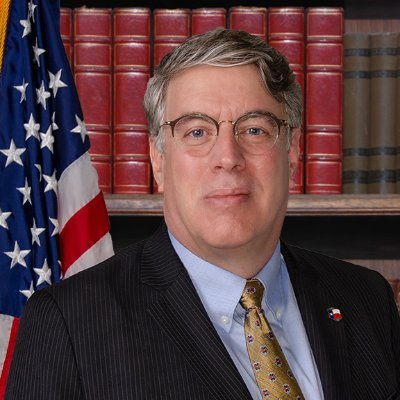
Chuck Meyer
Principal, Solo Practitioner
Law Firm of Chuck Meyer
Chuck Meyer is the principal at the Law Firm of Chuck Meyer PLLC, and is the former Chief Legal Officer of Research In Motion Limited (now BlackBerry). He is also registered patent attorney. He can serve as a client’s virtual general counsel, patent counsel or privacy counsel. Chuck is a member of the Texas, Ohio and Maryland Bars.
Chuck Meyer earned a graduate degree in law from the University of Oxford. He also holds a B.S. in Systems Engineering from the University of Virginia, an M.S. degree in Operations Research from George Washington University and a J.D. degree from the Washington College of Law of the American University.
Meyer has worked as an engineer, a patent examiner, a judicial law clerk, a lawyer, a business leader in a publicly-traded company, a part-time Assistant District Attorney for Hardin County, TX, and now works as a Registered Patent Attorney in Texas. His practice is concentrated at the intersection of corporate, commercial transactional, data protection and information privacy law, compliance, M&A, intellectual property, employment law and joint venture law.

Recent Articles by Chuck Meyer
The World Trade Organization (WTO) was scheduled in December to hold its 12th Ministerial Conference (MC12) in Geneva, bringing together officials from 164 countries to negotiate the future of global trade. Concerns over the WTO Agreement on Trade-Related Aspects of Intellectual Property Rights (TRIPS) were expected to feature in discussions, however, in-person deliberations have been tabled until at least March as a result of growing health concerns related to the Omicron COVID-19 variant. In the meantime, it is important leaders consider how TRIPS can be strengthened and refined as needed. TRIPS plays a crucial role in driving global innovation, but ambiguities surrounding the agreement’s dispute settlement mechanism have led some to conclude that it is vulnerable to abuse by countries seeking to advance their national interests.

![[IPWatchdog Logo]](https://ipwatchdog.com/wp-content/themes/IPWatchdog%20-%202023/assets/images/temp/logo-small@2x.png)
